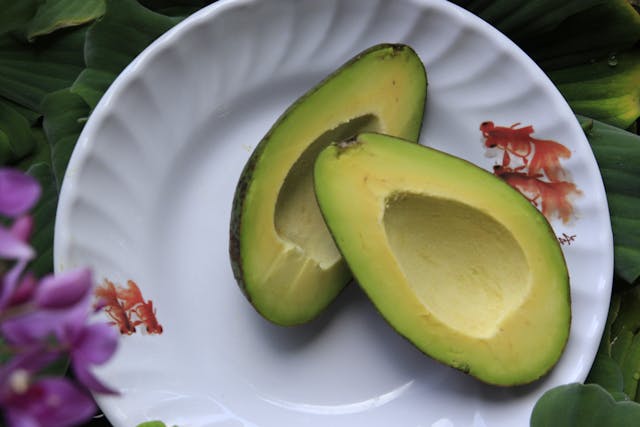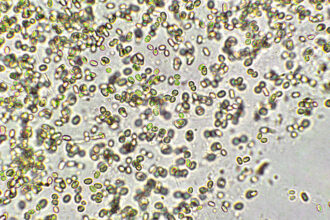Researchers at the National Institutes of Health have identified rapid and distinct changes in the immune systems of individuals who transitioned to either a vegan or ketogenic (keto) diet. Conducted at the NIH Clinical Center’s Metabolic Clinical Research Unit, the study closely monitored biological responses in participants as they sequentially adopted vegan and keto diets for two-week periods. The findings revealed that the vegan diet stimulated responses associated with innate immunity—our body’s initial non-specific defence against pathogens—while the keto diet triggered responses linked to adaptive immunity, which develops specificity through exposure and vaccination.
In addition to immune responses, the study observed significant metabolic changes and shifts in the participants’ gut microbiomes, the communities of bacteria residing in the digestive tract. These findings underscore the potential impacts of dietary choices on health outcomes, particularly in conditions such as cancer and inflammatory diseases. However, further research is essential to determine whether these observed changes are beneficial or detrimental in the context of nutritional interventions.
Scientific understanding of how diets influence the human immune system and microbiome remains limited, particularly regarding therapeutic nutritional interventions to improve health outcomes. Comparisons between diets are scarce, with the keto diet characterized by low carbohydrate intake and high fat content. In contrast, the vegan diet excludes animal products and is typically high in fibre and low in fat.
The study, conducted by researchers from the NIH’s National Institute of Allergy and Infectious Diseases (NIAID) and National Institute of Diabetes and Digestive and Kidney Diseases (NIDDK), involved 20 diverse participants in terms of ethnicity, race, gender, body mass index (BMI), and age. Each participant consumed ad libitum quantities of one diet (vegan or keto) for two weeks, followed by another for two weeks in a random order. Throughout the study, comprehensive analyses of blood, urine, and stool samples were conducted to assess biochemical, cellular, metabolic, and immune responses and microbiome changes.
Both diets induced notable changes across all participants. The vegan diet prominently affected pathways associated with innate immunity, particularly antiviral responses. Conversely, the keto diet triggered significant increases in biochemical and cellular processes linked to adaptive immunity, including pathways involving T and B cells. Furthermore, the keto diet influenced a broader range of proteins in the blood plasma and tissues compared to the vegan diet. It also impacted amino acid metabolism differently, reflecting this dietary approach’s higher protein content characteristic.
Beyond immune responses, both diets caused shifts in the participants’ gut microbiomes, altering the abundance of bacterial species associated with each diet type. The vegan diet notably influenced pathways related to red blood cells and heme metabolism, possibly due to its higher iron content. These findings highlight the interconnectedness of diet with metabolic and immune pathways, illustrating how dietary changes can impact multiple physiological systems in a relatively short period.
The study’s findings emphasize the rapid and interconnected nature of the body’s response to dietary interventions. Despite the diversity among participants, consistent and significant changes were observed across various physiological pathways. This underscores the potential for tailored dietary interventions to empower individuals to influence disease prevention and complement existing treatments for conditions such as cancer and neurodegenerative disorders.
In conclusion, while the study provides valuable insights into how vegan and keto diets affect immune responses, metabolism, and microbiomes, it also highlights the ongoing need for further research. Understanding the precise mechanisms underlying dietary impacts on health is a collective endeavour that can pave the way for more targeted nutritional strategies to improve overall well-being and manage chronic diseases effectively.
More information: Verena M. Link et al, Differential peripheral immune signatures elicited by vegan versus ketogenic diets in humans, Nature Medicine. DOI: 10.1038/s41591-023-02761-2
Journal information: Nature Medicine Provided by National Institutes of Health / National Institute of Allergy and Infectious Diseases








